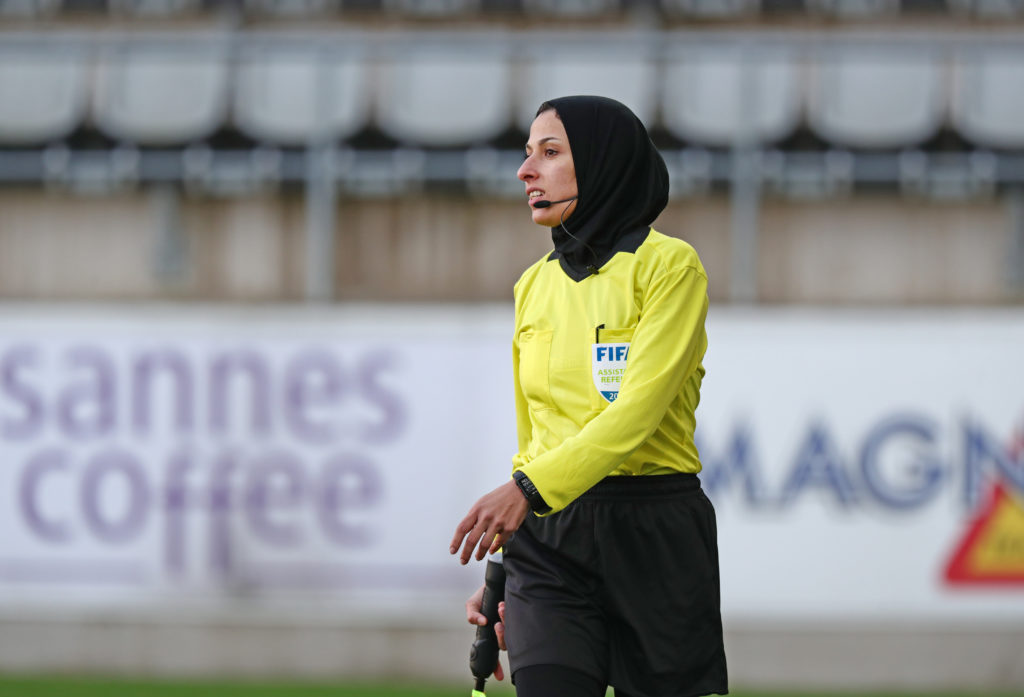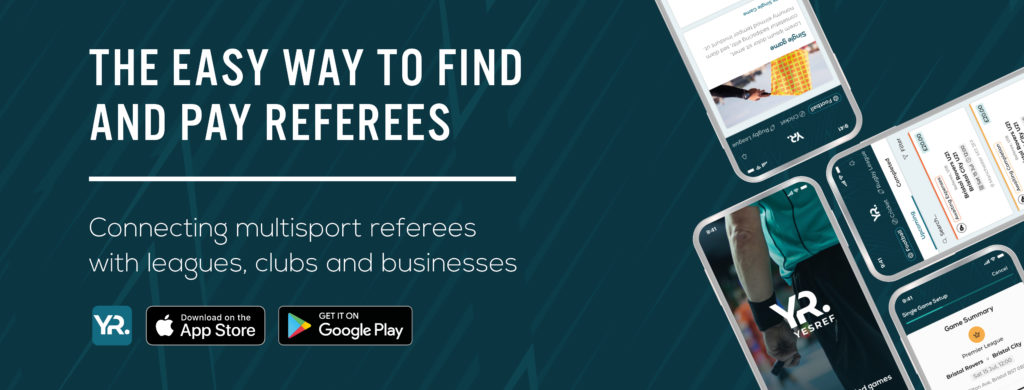Referees do not lose physical ability overnight. The reason for a change in performance is more likely to be related to fluctuations in cognitive processes, one of which being attention.
Generally, the terms attention and concentration can get mixed up, however attention is the umbrella term for concentration, selectivity of perception and/or the ability to co-ordinate two or more actions at the same time.
Whether it be in the last ten minutes of play, the first 30 seconds of the game or a penalty shootout, a match official needs to focus their attention on the correct things.
Focusing on the wrong stimulus can lead to lapses in concentration. A referee’s focus of attention can vary from internal to external which, can have an impact on learning and performance of new skills. Studies have shown that having an external focus of attention is more effective in this area compared to an internal focus of attention. An official with an external focus of attention will direct their attention to the effects their movements have on the environment. A referee with an internal focus of attention will direct their attention inwards on their own movements.
However, external and internal factors can also lead to lapses in concentration and poor performance. For instance, distraction theories suggests that perceived pressure (from outside forces such as players, club officials or spectators) can cause an increase in anxiety crowding the working memory resources leading to inability to officiate at a high level.
Conversely self-focus theories propose that anxiety leads to an increase in a referee’s levels of self-consciousness causing them to focus their attention inwards causing them to over think their own actions.
A beneficial way to combat concentration lapse is to create a stressful situation in training or practice which might normally lead to a sharp decline in performance. Having people watch you practice a specific aspect of your officiating, for example, can help increase confidence to the point where an official is not phased anymore having spectators watch them.
Michael Phelps’ swimming coach admittedly broke his goggles during practice to enable the Olympic gold medallist to practice swimming without them should it ever happen during competition. Ironically it did during the last 100m of the butterfly in the 2008 Olympics and Phelps went on to win the race.
Having a pre performance routine (PPR) is also a huge benefit when intense situations arise during a fixture. Having an individual task, relevant set routine of thoughts and actions to stick to no matter what the circumstances can help an athlete to relax and prepare for whatever task they are performing.
Studies have also shown grassroots referees use of PPRs and found they used it to help in attentional processes such as “switching on and off” and staying in the present.
Therefore, attention would appear to be an extremely important aspect of mental preparation for appointments. Using the strategies above may help you to perform that little bit better and stay in the present.
At The Third Team I work individually and in collaboration with different professionals where I have developed workshops associated with Resilience and Mental Toughness Development to help referees. The workshops are interactive, where referees are encouraged to open up and share their experiences to help each other.
Feel free to contact me if you’d like to know more about my workshops and how I could help you or your officials.
Best Wishes,

Nathan Sherratt
Referee Educator & Managing Director of The Third Team

Nathan Sherratt
Nathan Sherratt, Referee Educator, Resilience Trainer and Managing Director of The Third Team. A Mental Toughness Practitioner based in County Durham, North East England.


